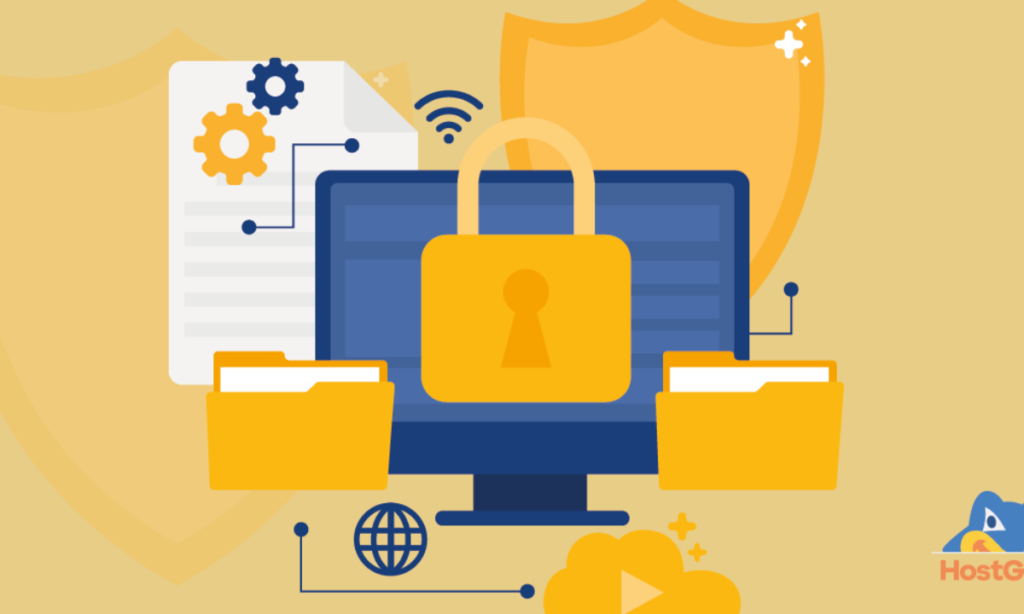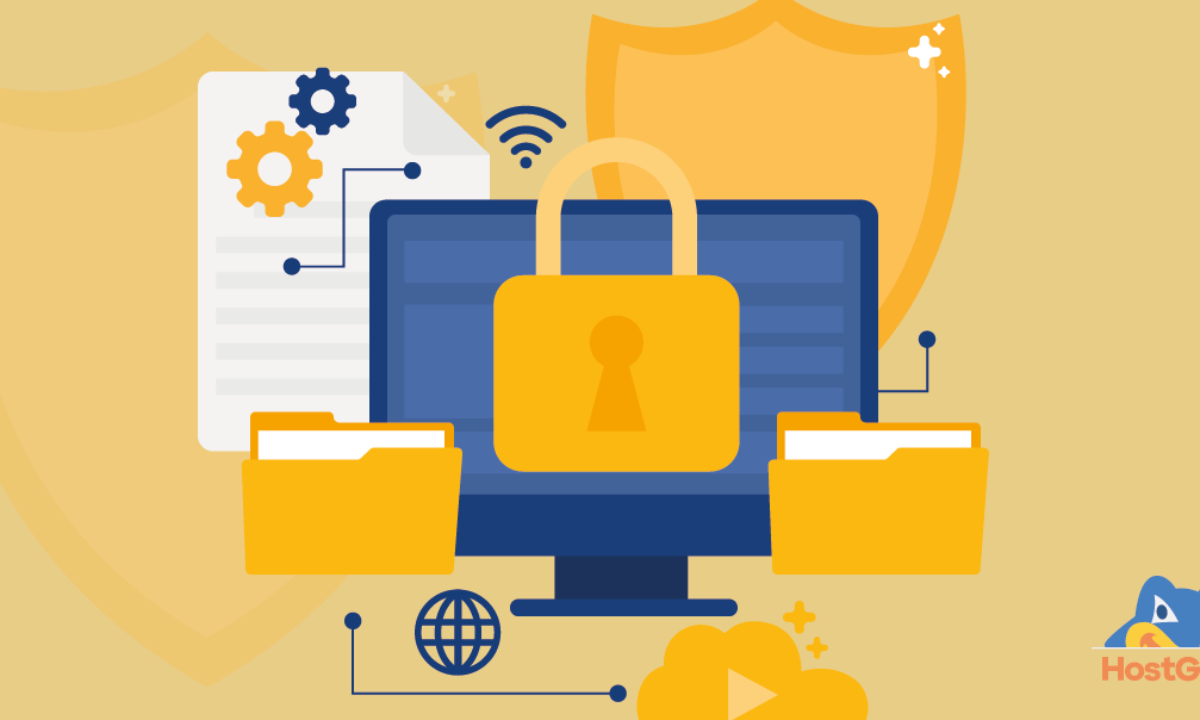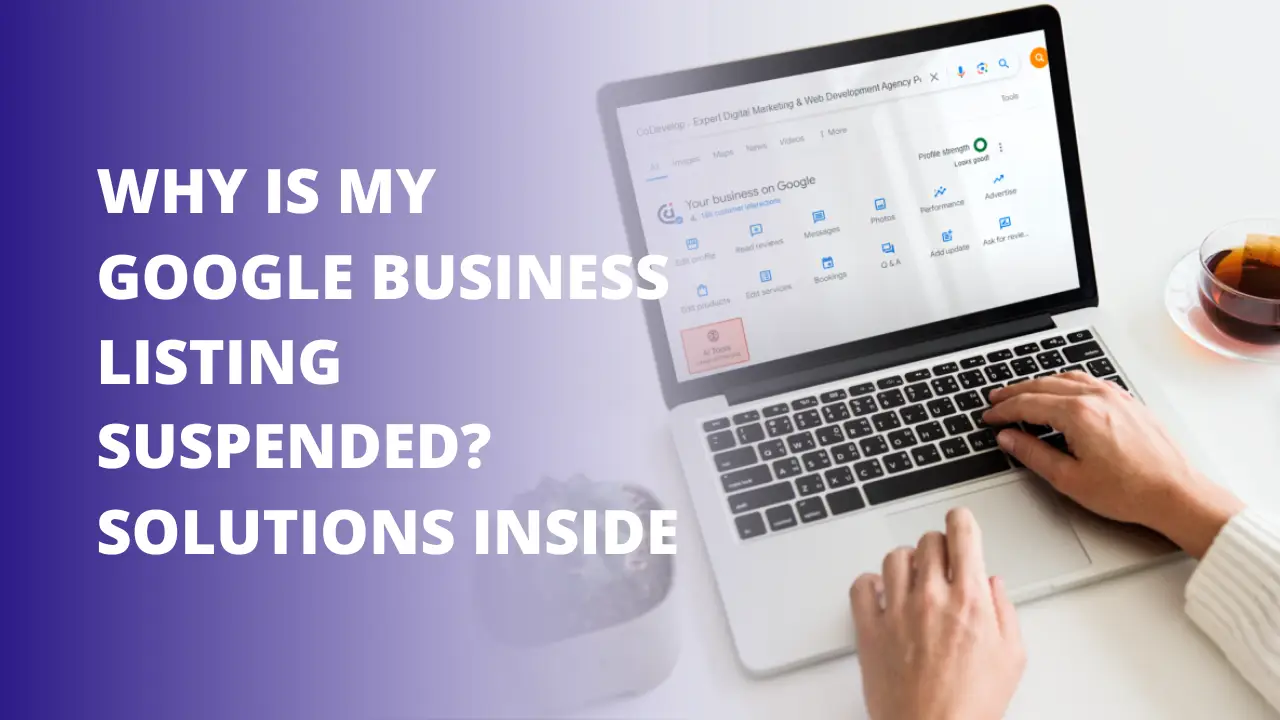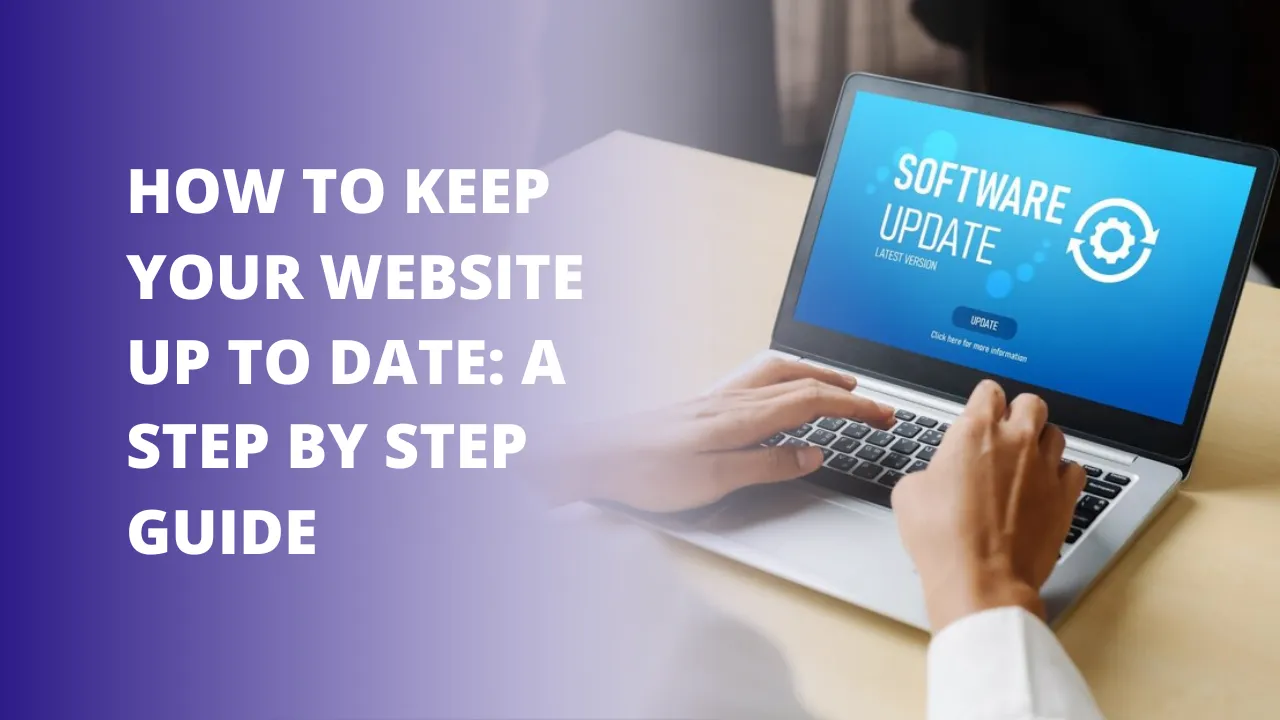
This article covers future website security. It discusses
website care and maintenance services and how the simplest solutions are frequently the most efficient and secure. Although protecting your website from hackers is a straightforward process, it can be challenging to do so once you fall into the rabbit hole of website security vulnerabilities.
The basics of website security
A website security is a system that helps protect your website from being hacked. This can be done through passwords, firewalls, and more. When dealing with passwords, it's important to make sure that they're updated and given out only to those who need it. For firewalls, it would be wise to invest in an internet security firewall as opposed to having a standalone one for your laptop. Other forms of protection include antivirus software and updating operating systems on personal computers.
Website firewall, who should have them and how they work
A firewall is a security measure that prevents unauthorized access to a network. It is often installed on computer networks, but it can also be used for home internet connections or to safeguard websites. A firewall does not stop hacking, but it does keep hackers from getting in and doing damage. This makes the firewall an important tool for anyone who has sensitive information online.
What is a honeypot?
Honeypots are a type of computer system that is created to be attractive for hackers. They are made to resemble systems to fool attackers into thinking that they can get valuable information from the honeypot. It's important that these honeypots don't have any valuable information. The only reason hackers will be on the honeypot is to try and get sensitive data from it.
Honeypots are useful because they give cybersecurity experts insight into what hackers are doing and how they're doing it. This information helps them create better defense strategies against future attacks.
Web Application Firewalls (WAFs)
Websites are susceptible to attacks where hackers inject malicious code into the site and take control of the site. A web application firewall (WAF) is a program that monitors traffic from the internet and blocks any suspicious activity. It can also detect most vulnerabilities before they happen. For example, if a website isn't using the latest security protocol, it will use WAF rules to block that vulnerability before it happens.
Securing your passwords
Your passwords are the keys to your website. When you create passwords for your account, it's important that they are unique and secure. You may want to use different passwords for your sensitive websites than for less-sensitive sites, like social media or email. You should also change your passwords periodically so that they're not too easy to guess.
Domain and SSL certificates
Domain and SSL certificates are the two most important things you'll need to secure your website. A domain certificate is a way to encrypt information that's transferred over the internet, while an SSL certificate is used to encrypt sensitive data like passwords and credit card numbers. When you're looking for a domain provider, it's best to find one that offers both at a reasonable price.
Conclusion
A secure website is considerably different from just having a website for your business. I hope this post has provided you with some useful information about using
web design portland to build a secure website.
You can also read this blog to know more information: 5 tips for small business to build amazing website
 This article covers future website security. It discusses website care and maintenance services and how the simplest solutions are frequently the most efficient and secure. Although protecting your website from hackers is a straightforward process, it can be challenging to do so once you fall into the rabbit hole of website security vulnerabilities.
This article covers future website security. It discusses website care and maintenance services and how the simplest solutions are frequently the most efficient and secure. Although protecting your website from hackers is a straightforward process, it can be challenging to do so once you fall into the rabbit hole of website security vulnerabilities.





Leave a Reply